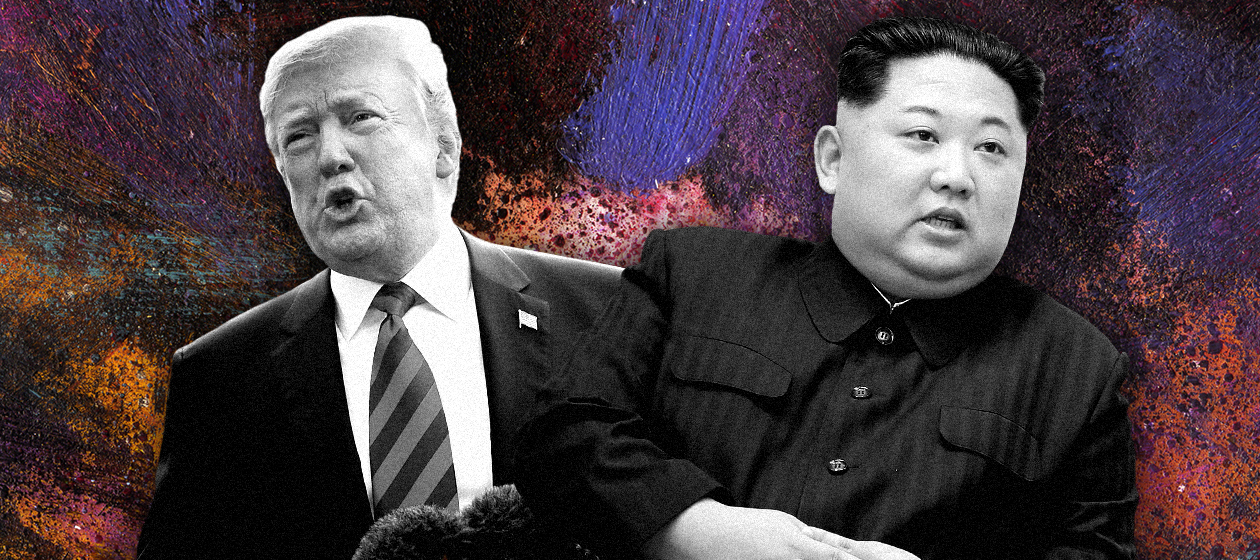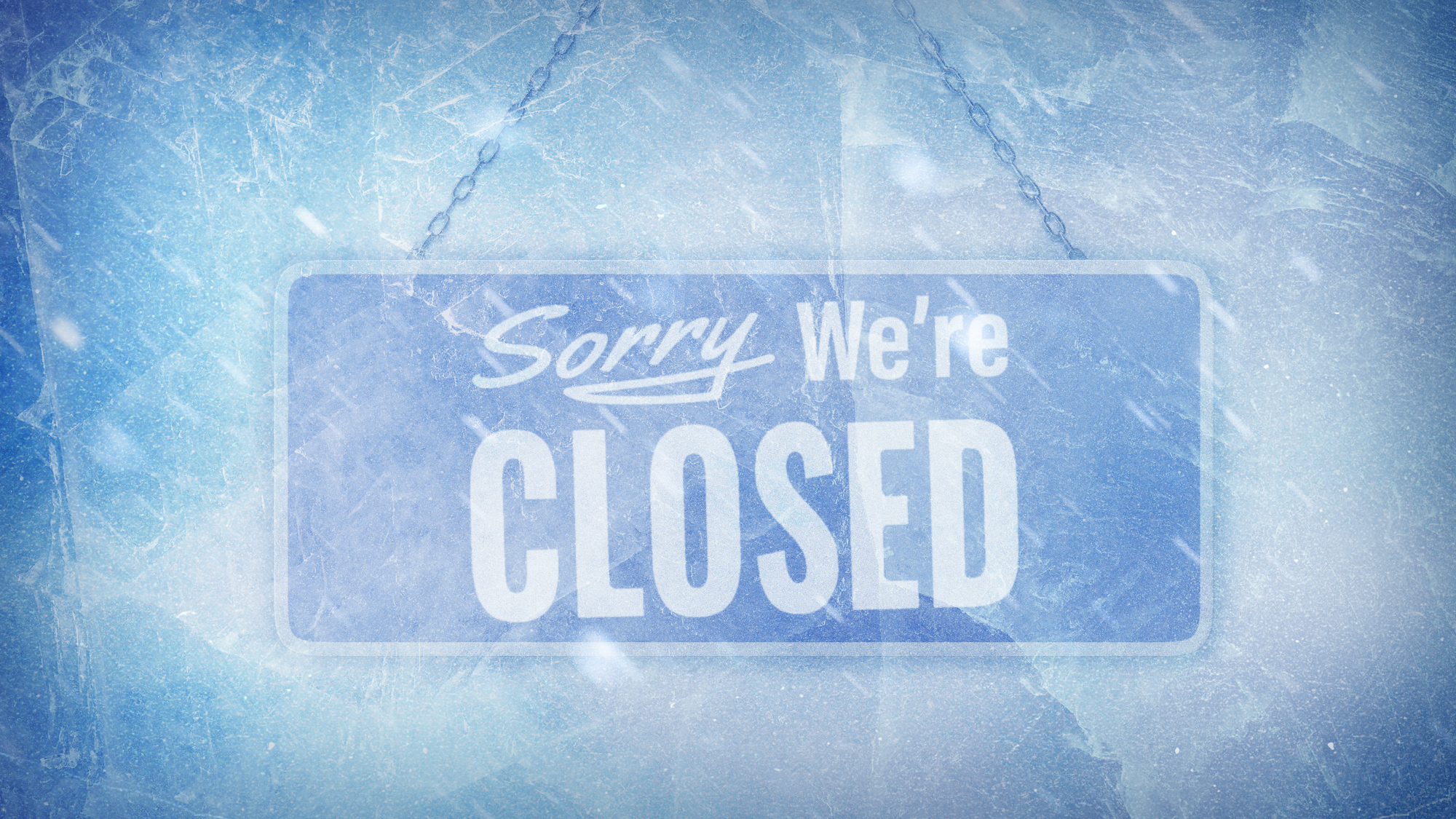The uncertainty, fear, and hope of the Trump-Kim summit
What can we expect from this historic meeting?


With Tuesday's historic summit between President Trump and North Korean leader Kim Jong Un upon us, it remains utterly unclear what they will be talking about, what can be achieved, and whether any of it will be worthwhile. Is the summit, as the president said on Saturday, a "one-time shot" to resolve disagreements between the U.S. and the DPRK? Or is it, as President Trump said just last week, a "getting to know you meeting" that can be followed by a series of confidence-building measures and follow-ups by lower level officials?
As usual, President Trump's wildly contradictory statements offer few clues as to what will actually transpire this week in Southeast Asia.
Whatever the parameters, Trump, Un, and their entourages will meet on Tuesday on a Singapore atoll once known as "The Island Where Death Lurks Behind." It could be one of history's shortest summits. On Saturday, the president claimed that "I think within the first minute, I'll know" whether his counterpart is interested in a deal and able to deliver one. There will definitely be no weeks-long display of failed cajoling and hand-holding of the sort that took place at President Bill Clinton's last-ditch attempt to resolve the Israeli-Palestinian conflict at Camp David in 2000. Assuming that they too share a "dragon energy," Trump is hoping that Kim will quickly agree to trade away his nuclear weapons stash for diplomatic normalization, sanctions relief, and an economic opening to the outside world.
The Week
Escape your echo chamber. Get the facts behind the news, plus analysis from multiple perspectives.

Sign up for The Week's Free Newsletters
From our morning news briefing to a weekly Good News Newsletter, get the best of The Week delivered directly to your inbox.
From our morning news briefing to a weekly Good News Newsletter, get the best of The Week delivered directly to your inbox.
Such an outcome, which would have been regarded as shocking as little as six months ago, is still only plausible if you believe that Kim Jong Un has made a sudden decision to turn his hermetically sealed tyranny into a miniature China — still a rigidly authoritarian realm but one that plays by the normal rules of world politics and opens itself up to outside influence, capital, and most importantly, inspectors from the IAEA. More likely, Kim hopes to get the president to agree to loosen economic restrictions and evacuate American troops from South Korea in exchange for, perhaps, dismantling North Korea's ballistic missile program and a freeze on weapons testing. This is the outcome most feared by America's allies in Seoul and Tokyo. Given the recent fates of non-nuclear regimes in Libya and Iraq and America's blasé destruction of the Iran deal, it is still more likely than not that Kim is determined to hang onto his nukes.
The Trump administration set the bar very high when it walked away from the painstakingly negotiated Iran deal in May. If Singapore is to result in an agreement consistent with the administration's Iran policy, it will have to be one without the JCPOA's much-critiqued sunset provisions and it will have to, at minimum, deal with North Korea's ties to international terrorism, the nuclear black market, and the country's horrific treatment of its own citizens.
This is the tune being sung by what passes for normal institutions in official Washington. Last week, Secretary of State Mike Pompeo tweeted that "the only outcome [the] U.S. will accept is the complete, verifiable, and irreversible denuclearization of the Korean Peninsula." Known in diplomatic circles as CVID, this expansive demand is unambiguous and can only mean that North Korea must proceed briskly to dismantle its nuclear weapons stockpile, rejoin the Non-Proliferation Treaty (NPT), and invite international monitors in to confirm what is happening. Any such accord would have to include sticky details like confirming the number of existing weapons, determining how they should be dismantled, and by whom, and who will take ownership of the materials.
Note, however, the studied ambiguity in Pompeo's language. It mentions the outcome but doesn't attach that outcome to the summit itself. If you've ever heard an argument about whether, based on the absence of the word 'the' from a key sentence, U.N. Security Council Resolution 242 calls for Israel to withdraw from some territories or all territories occupied during the Six Day War of 1967, you know how diplomatic language can be deliberately obtuse. Into the chasm of uncertainty in Pompeo's tweet, you could drive anything as small as a staged settlement with multiple deadlines or as large as a handshake agreement in which the parties do little more than promise to keep talking. One thing you can be certain of is that no matter what happens, the president will declare himself vindicated, even if the agreement is less stringent than the Iran deal he just scotched.
A free daily email with the biggest news stories of the day – and the best features from TheWeek.com
What little we do know about President Trump's plan heading into Singapore is not reassuring. He spent the last few days feuding with America's soon-to-be-former friends in Europe about trade at the G7 summit, where he performed his act of ritualistic abuse and hyperbolic accusations against longtime allies like Canada. His behavior toward America's friends was in marked contrast to the blood red carpet he rolled out for senior DPRK functionary Kim Yong Chol's White House visit on June 1, which culminated in a bizarre photo in which the president smiles like a fanboy as he stands next to a mass murderer's attaché.
It is worth noting that Trump was still caterwauling about his treatment by "Justin" and the other G7 leaders on Saturday night. He reached to the bottom of his tiny think bucket and tweeted that Canada's prime minister is "Very dishonest & weak." Hilariously, he inadvertently blew apart the legal case for his aluminum and steel tariffs by stating that "Our Tariffs are in response to his of 270% on dairy!" Meanwhile, National Security Adviser John Bolton was trying to spin this thousand-words picture of German Chancellor Angela Merkel staring Trump down into proof that America will no longer serve as the world's "piggy bank."
One thing that President Trump and his chief national security adviser definitely appeared not to be doing was getting ready for the summit that by that point was barely 48 hours away. It isn't hard to picture the president on his way to Singapore, still steaming about his mistreatment by the handsome, articulate Trudeau instead of figuring out exactly what it is he's going to say to or offer Kim Jong Un. The president admitted last week that he hasn't prepared much at all for the summit, believing that it's all about "attitude." He will be cruising into the meeting without an adviser versed in nuclear physics. That Trump and his chief aides seemed to be in an especially anti-alliance mood heading into the summit should particularly worry Japan and South Korea.
We'll have our answers soon enough. President Trump and Kim Jong Un have arrived in Singapore, and in a few hours, the curtain will come up. Despite all of the outrages that President Trump has visited on this country in the last two years, in this regard, we have little choice but to hope he succeeds in defusing the world's most terrifying standoff.
David Faris is a professor of political science at Roosevelt University and the author of "It's Time to Fight Dirty: How Democrats Can Build a Lasting Majority in American Politics." He's a frequent contributor to Newsweek and Slate, and his work has appeared in The Washington Post, The New Republic and The Nation, among others.
-
 Is the US about to lose its measles elimination status?
Is the US about to lose its measles elimination status?Today's Big Question Cases are skyrocketing
-
 ‘No one is exempt from responsibility, and especially not elite sport circuits’
‘No one is exempt from responsibility, and especially not elite sport circuits’Instant Opinion Opinion, comment and editorials of the day
-
 Businesses are caught in the middle of ICE activities
Businesses are caught in the middle of ICE activitiesIn the Spotlight Many companies are being forced to choose a side in the ICE debate
-
 Israel retrieves final hostage’s body from Gaza
Israel retrieves final hostage’s body from GazaSpeed Read The 24-year-old police officer was killed during the initial Hamas attack
-
 China’s Xi targets top general in growing purge
China’s Xi targets top general in growing purgeSpeed Read Zhang Youxia is being investigated over ‘grave violations’ of the law
-
 Panama and Canada are negotiating over a crucial copper mine
Panama and Canada are negotiating over a crucial copper mineIn the Spotlight Panama is set to make a final decision on the mine this summer
-
 Why Greenland’s natural resources are nearly impossible to mine
Why Greenland’s natural resources are nearly impossible to mineThe Explainer The country’s natural landscape makes the task extremely difficult
-
 Iran cuts internet as protests escalate
Iran cuts internet as protests escalateSpeed Reada Government buildings across the country have been set on fire
-
 US nabs ‘shadow’ tanker claimed by Russia
US nabs ‘shadow’ tanker claimed by RussiaSpeed Read The ship was one of two vessels seized by the US military
-
 How Bulgaria’s government fell amid mass protests
How Bulgaria’s government fell amid mass protestsThe Explainer The country’s prime minister resigned as part of the fallout
-
 Femicide: Italy’s newest crime
Femicide: Italy’s newest crimeThe Explainer Landmark law to criminalise murder of a woman as an ‘act of hatred’ or ‘subjugation’ but critics say Italy is still deeply patriarchal
